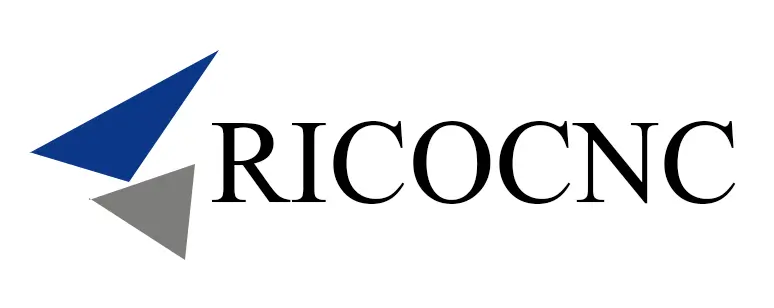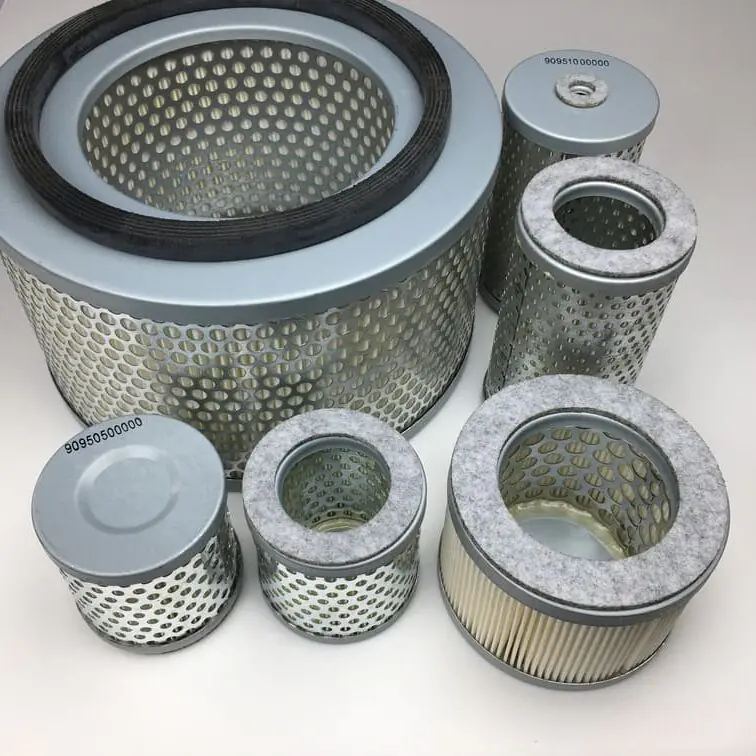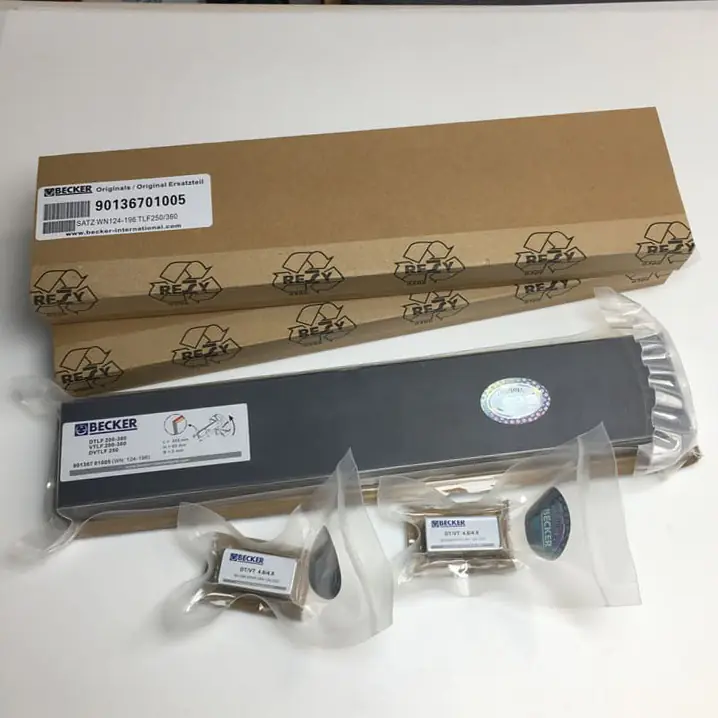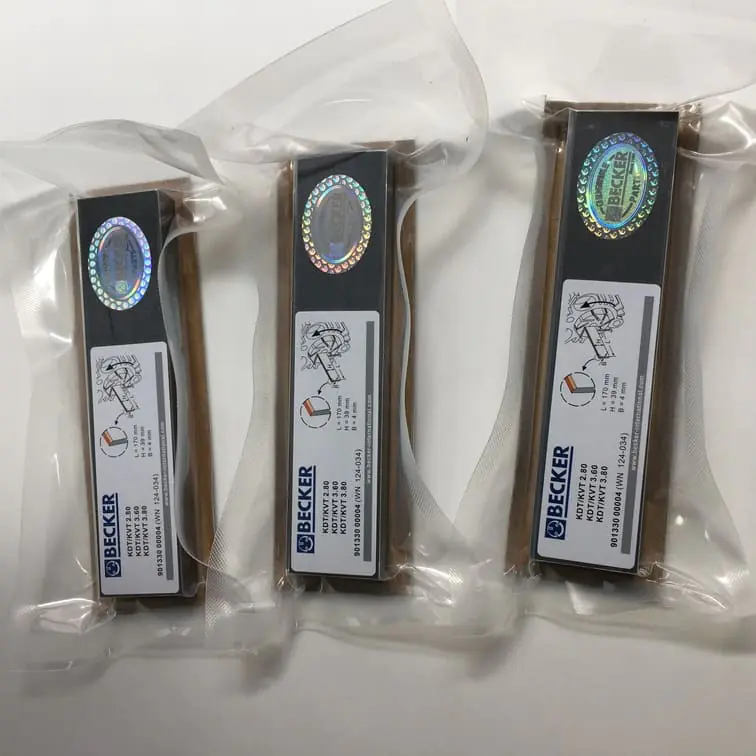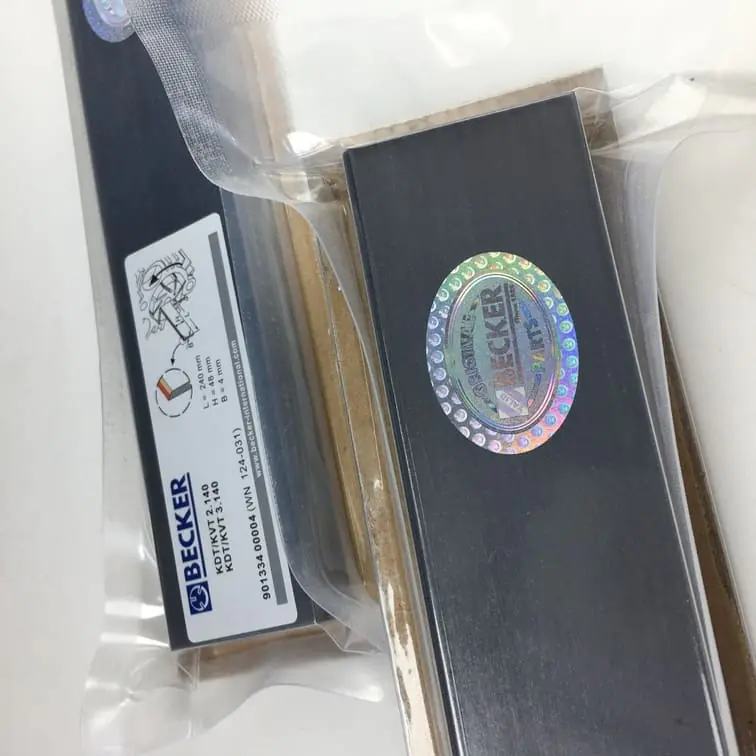How Much Do 50HP Rotary Screw Vacuum Pumps Cost?
In today’s industrial world, efficiency is key, and vacuum pumps are one of the backbones of many different production processes. The 50HP rotary screw vacuum pump is often seen as an ideal choice due to its reliable performance, durability, and energy efficiency. But how much does it cost to get one of these machines? This guide will walk you through everything you need to know about pricing, factors that affect cost, and why investing in the right vacuum pump can make a significant difference to your bottom line.
What Is a 50HP Rotary Screw Vacuum Pump?
A 50HP rotary screw vacuum pump is an industrial-grade device used for creating a vacuum by compressing air or gases. These pumps use rotary screws to efficiently move air through the system, making them an ideal option for heavy-duty industrial processes. They are often used in industries such as food processing, pharmaceuticals, plastics, and chemical manufacturing.
Features of a 50HP Rotary Screw Vacuum Pump
- High Efficiency: Uses rotary screws that operate in a continuous motion, leading to a highly efficient vacuum process.
- Durable Design: Made for high demand, featuring robust components that can handle 24/7 operation.
- Low Maintenance: Less prone to wear and tear due to the non-contacting nature of the rotary screws.
- Quiet Operation: The rotary design is quieter compared to traditional vacuum pump types.
The specific advantages of these pumps are clear, but understanding the components and operational features helps make better purchasing decisions. Components include the screw air compressor, control panels for precision, and sometimes an integrated 5HP rotary screw booster.
Key Factors That Affect the Cost of a 50HP Rotary Screw Vacuum Pump
The price of a 50HP rotary screw vacuum pump varies widely depending on a number of factors. Here are some of the key aspects that can influence the cost:
1. Brand and Quality
Brands such as Atlas Copco, Ingersoll Rand, and Kaeser are known for their high-quality products, and they price their vacuum pumps accordingly. Opting for well-known brands often means higher upfront costs, but these pumps offer better efficiency, reliability, and after-sales support.
| Brand | Approximate Cost Range ($) |
|---|---|
| Atlas Copco | 18,000 – 25,000 |
| Ingersoll Rand | 15,000 – 22,000 |
| Kaeser | 17,000 – 24,000 |
The higher price often corresponds with advanced features, such as automated control systems or improved rotary screw vacuum technology. Investing in a well-known brand can save you money in the long run due to better energy efficiency and lower maintenance costs.
2. New vs. Used
One way to significantly cut costs is by purchasing a used vacuum pump. However, buying used equipment carries its own risks. The used vacuum pump market generally ranges from $8,000 to $12,000, depending on the age, hours of operation, and maintenance history.
Pros of Buying New:
- Warranty coverage
- Latest technology and energy efficiency
Cons of Buying Used:
- Higher chances of wear and tear
- Limited or no warranty
It’s critical to weigh these options based on your operational requirements. A used pump may suffice if it’s for a project with limited use.
3. Customization and Accessories
The cost also varies depending on customization. Standard 50HP rotary screw pumps may start at around $15,000, but added features such as variable speed drives (VSDs), special cooling options, or high-precision controls can push the price well above $25,000.
- Variable Speed Drive (VSD): Improves energy efficiency by adjusting the motor speed according to the demand.
- High-Efficiency Filters: Better filtration results in longer machine life but comes with an extra cost.
- Advanced Control Systems: Smart controls for automated adjustments can add up to $2,000 to $5,000 to the price.
For example, a 10HP rotary screw booster may be added to enhance performance under specific conditions, particularly for more demanding applications.
4. Installation and Maintenance Costs
Installation costs should also be considered, as they are not included in the pump price. These costs can vary from $1,000 to $3,000 depending on the installation complexity, whether professional help is required, and the necessary site adjustments.
Maintenance costs are another consideration. Although rotary screw pumps are relatively low-maintenance, regular upkeep is essential for longevity. Annual maintenance can cost between $500 to $1,000, depending on how extensively the pump is used.
Why Choose a 50HP Rotary Screw Vacuum Pump?
When it comes to creating a vacuum efficiently, rotary screw vacuum pumps are known for their robustness and capability to handle diverse applications. Let’s look at why these pumps are often the preferred choice.
Energy Efficiency
The rotary screw mechanism is designed for continuous operation, meaning it can handle extensive workloads while maintaining energy efficiency. This efficiency is particularly notable when using control mechanisms to regulate motor speed based on the vacuum required.
Cost Effectiveness Over Time
Though the initial cost of a 50HP rotary screw vacuum pump might be higher than smaller units, the operational savings on energy and efficiency can lead to cost-effectiveness over time. The ability to operate continuously without overheating makes these pumps suitable for demanding industrial applications.
Low Noise Levels
Compared to piston pumps, rotary screw vacuum pumps produce less noise. The quiet operation is crucial for manufacturing plants where maintaining a safe and comfortable work environment is essential.
Internal Resource: Learn more about rotary pumps for food industry applications here. This link provides in-depth insight into how rotary pumps are helping streamline production lines.
Comparing 50HP Rotary Screw Pumps to Other Types
There are several different types of vacuum pumps, each with unique features and prices. Let’s see how the 50HP rotary screw pump stacks up against the others.
1. Rotary Vane vs. Rotary Screw
Rotary vane pumps are often cheaper, typically costing between $10,000 to $15,000 for a comparable size, but they may require more frequent maintenance due to the wear of vanes. In contrast, the rotary screw design has fewer moving parts, which reduces the risk of mechanical failure.
2. Piston vs. Rotary Screw
Piston vacuum pumps are another alternative, generally cheaper than rotary screws, but they are less energy-efficient and produce more noise. A 50HP piston pump can cost around $12,000 but will incur higher running costs due to its less efficient design.
3. Scroll Pumps
Scroll pumps are primarily used in industries requiring oil-free operation. While they offer very low maintenance, they can be more expensive for higher capacity models. A scroll pump equivalent in capability to a 50HP rotary screw pump can cost upwards of $30,000.
Internal Resource: For a detailed comparison, you may refer to our rotary vs. piston pump analysis. It includes a cost-benefit breakdown to help you choose the right pump for your needs.
FAQs
1. How much does a 50HP rotary screw vacuum pump cost?
A 50HP rotary screw vacuum pump can cost anywhere between $15,000 to $25,000 depending on the brand, features, and customization required.
2. Is it better to buy a new or used vacuum pump?
Buying a new pump ensures warranty and efficiency but is more expensive. Used pumps are cost-effective but come with a higher risk of maintenance issues.
3. What industries use 50HP rotary screw vacuum pumps?
Industries such as pharmaceuticals, plastics, food processing, and chemical manufacturing commonly use these pumps for their reliability and efficiency.
4. What is the lifespan of a 50HP rotary screw vacuum pump?
With proper maintenance, a 50HP rotary screw vacuum pump can last anywhere between 10 to 15 years.
5. What are the energy-saving features of a rotary screw pump?
The use of variable speed drives (VSDs) allows the pump to adjust motor speed based on real-time vacuum demand, leading to significant energy savings.
6. How often does a rotary screw pump need maintenance?
Regular maintenance, usually annually, is recommended for peak performance, which can cost $500 to $1,000 per year.
Conclusion
The cost of a 50HP rotary screw vacuum pump may initially seem high, but the benefits such as energy efficiency, low noise levels, and minimal maintenance make it a worthy investment for many industries. Understanding the factors that influence the cost, such as brand, customization, and whether to buy new or used, will help you make an informed decision that best fits your needs. In the long run, investing in a quality rotary screw vacuum pump will not only reduce operational costs but also improve productivity and reliability in your processes.
Feel free to contact us at vacuumpumppart.com for personalized advice on selecting the right pump for your application. A quality vacuum pump is a crucial part of optimizing your industrial process, and we are here to help you every step of the way!
